Leading a team of Radiotherapy Technicians in the UK
Richard Baker leads a team of Radiotherapy Technicians – medical engineers who specialise in supporting radiotherapy equipment. He has worked as an Electrician and studied Electronics. Richard has worked in hospitals and is now UK Engineering Manager for GenesisCare.
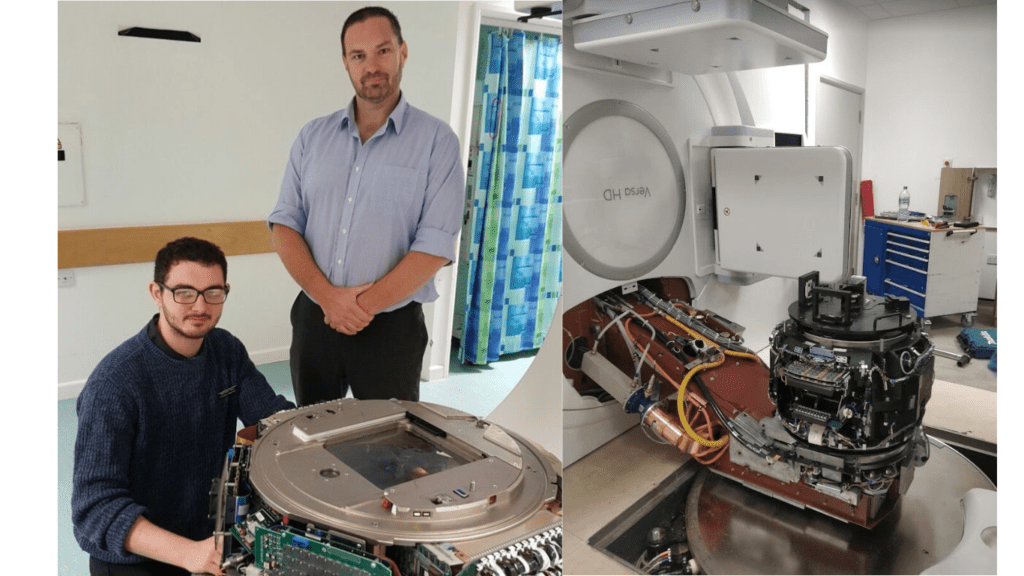

Current role leading a team of Radiotherapy Technicians
Can you describe what your role covers and who is in your team?
I directly manage a team of engineers who predominantly service and repair Medical Linear Accelerators (Linacs) but we are also involved with CT scanners and all the peripherals around the Linacs. I also have to do many other tasks including projects, facilities maintenance, contract management and much more.
There are many grey areas in our world where we blur with IT, Physics and Facilities so it is important we work closely with these teams.
We have some machines that are under OEM (Original Equipment Manufacturing) contract including some MRI Linacs (Magnetic Resonance Imaging Guided Linear Accelerator) and a Gamma Knife. We are a global company with other departments in Australia and the USA. So, my early mornings are spent with the Australians and late afternoons and evenings with the Americans.
Typical Month
What is a typical month like in terms of the work you do?
The work is varied, as the team carry out planned maintenance in line with the manufacturer’s recommendations. We also cover reactive and proactive maintenance. The Linacs cost upwards of £1,000,000 and you just never know what part is going to break next. There are parts of the machine that cost upwards of £100,000. If we have a vacuum problem, it can take days to get the problem fixed and the Vacuum back to the required level. Even a fingerprint on the inside of the accelerator can cause problems in terms of contamination of the vacuum. So, the work is varied, and no day brings the same challenges. I do lots of reporting data to my management team in Australia and the leadership team in the UK.
Community of medical engineers including Radiotherapy Technicians
How do you contribute to the wider community of medical engineers?
I set up and chair the Southwest LINAC Engineers Association and this feeds into other forums, committees and working parties. I have spoken at conferences and done training sessions, teaching sessions at UWE (University of the West of England). As well, I sit on the boards of the Radiotherapy Service Engineers Association (RSEA) and the Northern European Accelerator Association for Engineers (NAAE). I also do a lot of STEM events and talks about the machines and how they work, to groups inside and outside of the business.
How often are you off site at conferences and events?
I do not attend that many conferences. This is because we engineers quite often get left out of the conferences that the other departments attend. There are not too many conferences for Linac engineers. I think I held the only one ever in this country in 2019 in Birmingham with the help of the NAAE.
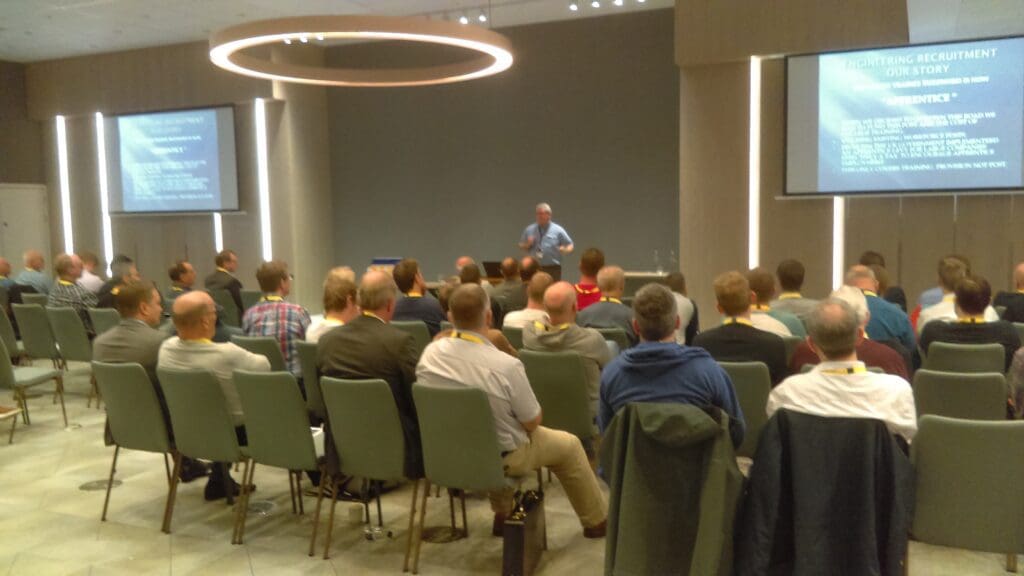

Staying hands-on
How do you keep your skills up to date now that you are no longer very often hands-on?
I do keep my hand in, as I am an engineer at heart. I keep in regular touch with the engineers and radiotherapy technicians; and in team meetings we discuss faults and how to fix them. The machines are very complicated and there is usually some issue that we need to discuss. I carry my tools in the car with me as there have been occasions when I have been visiting a centre and the machine has decided to break. As often happens, the nearest engineer can be over an hour away, so I roll up my sleeves and get in there. We have national and global subject matter expert groups which are great for keeping up to date with the latest fixes. Sometimes I surprise myself when I come up with a solution to a problem in a meeting that the others have not thought about.
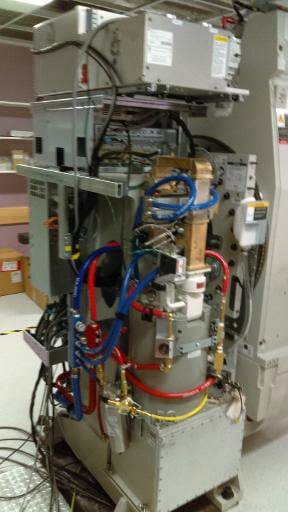

Building and growing a team of engineers
How do you keep good engineers in your team?
Retention is very important. I am very lucky to have a great team who are very knowledgeable and experienced. So I try and look after them the best I can. Being a manager is a great privilege and responsibility. I try and lead by example. Having worked my way up I like to think I understand what it is that engineers want to keep them happy.
Things that are important are:
keeping the communication channels open.
having open and honest one to one conversations.
being the buffer between the corporate side of the business and the engineers.
celebrating their triumphs and above all making them feel valued.
Even if they are not happy with the company, having that level of honesty builds the trust they have in you. Plus, if your employees know you are doing your best for them, they will hopefully reciprocate by doing their best. My success is purely based on their success.
Recruitment of Radiotherapy Technicians
How do you recruit and what are the key skills you look for?
We recruit by the normal advertising routes: the job sites, posting on LinkedIn and engineering forums.
The key skills I look for are foremost:
fault finding
electrical
mechanical
common sense.
But we also need the following skills:
computing
plumbing
electronic
diplomatic.
As well as working on the very complex machines we work in an environment where patients are being treated for cancer. That means that if a machine breaks it has very real consequences for the patients. Also for the staff who have to deal with telling the patients the machine is broken and they cannot have treatment today.
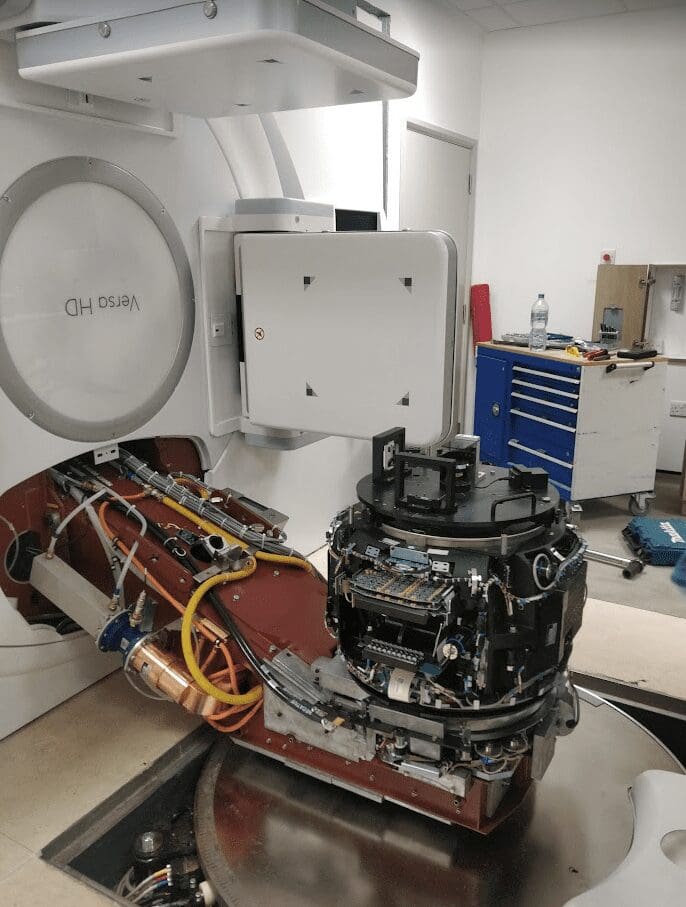

Shortage of engineers including Radiotherapy Technicians
Is there a shortage of good engineers at present?
Yes, there is a severe shortage of engineers. I might go so far as to say we are verging on a crisis. Many in the industry are over the age of fifty. There are not the numbers coming through to replace them. This seems to be true in all engineering sectors.
How do you think this can be solved going forward?
It could certainly be helped by making people more aware of two things. Firstly, the advantages of engineering. Secondly, the difference engineers can make in people’s lives. This is especially true if you manage to catch trainees at an early age. When I was a young man people did a lot more practical stuff, but now everyone wants to be a game designer or make their fortune as a YouTuber.
Does it need to be solved at government level?
This does need to be solved at a government level because they are the ones that ultimately provide the funding and direction for the education process for all ages. There have been some good initiatives but much more could be done.
Apprenticeships
Why do you think an apprenticeship is a good way of starting a career in medical engineering?
Apprenticeships are one of the best ways to get into our profession as they give the practical experience along with the theoretical knowledge. This is a great way to get people both young and old into engineering in healthcare.
What are the advantages of an apprenticeship over full time study?
As above an apprenticeship will give you more skills to be of more use when you get into the role as you will have gained experience in a real setting. This is not only engineering experience but also the softer side of the role like learning people skills, admin and the like.
What are the advantages to you as an employer of an apprentice rather than someone who has studied full time?
All the points I have mentioned above and the knowledge that they have held down a job.
What do you personally look for in a potential apprentice (soft and technical skills)?
Our job is not just engineering but encompasses many other skills like dealing with customers, other engineers, health and safety, organisation and much more. Engineers are not generally known for their soft skills, but these are still important things to look for.
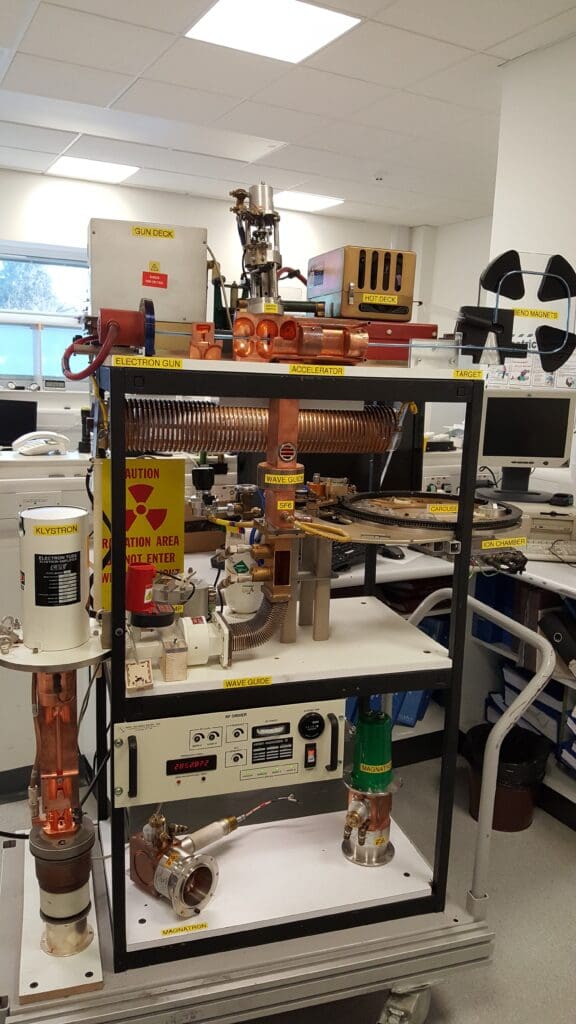

Setting up an apprenticeship programme
How do you set up an apprenticeship programme and what are your obligations as an employer?
An apprenticeship programme is not just the degree course but must be supported by a robust in-house training programme which aligns with the course. The aim is to give the trainee a well-rounded experience.
How do you publicise the opportunity?
We publicise opportunities on the company website and also on the many job sites and social media. Doing STEM events are also great ways of getting out there as a potential employer.
How much support do you get, and what form does it take?
We get support from the levy in the form of financial help, but the programme is all done by the in house team to align with the degree course
What is the financial cost and how much does it take in terms of your time?
We cover the wages and expenses of the trainee, but it takes a lot of time to train someone and there needs to be enough bandwidth in the team and access to the machines to support the trainee. We need to put in the hard work early to get the payoff of having an excellent team member at the end of the course.
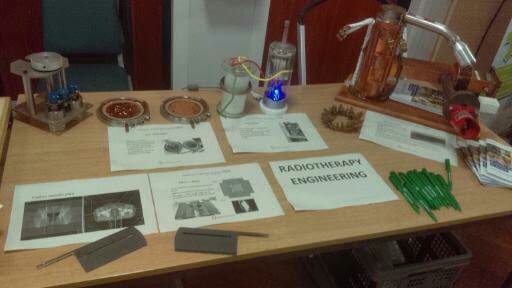

Advantages of apprenticeships
What is the advantage of training on the job?
On the job training gives the trainee experience with every aspect of the job, and gives the employer the opportunity to see the trainee doing all aspects of the job too, and that is why I would recommend it.
Who should consider it?
Everyone should consider it and I cannot think of a reason why someone should not. Getting paid and learning is a win for the trainee and getting an experienced and qualified employee is a win for the company.
Why would you recommend working in a medical environment?
Being an engineer, for example a radiotherapy technician, in a medical environment is like having the best job in the world with the added benefit of making a massive difference to people’s lives.
Can you give an example of someone who started as an apprentice and has been successful?
I had a college approach us with a student who was looking for a placement. He was someone who had been in retail since leaving school but had an interest in engineering. His enthusiasm for the job was apparent and I managed to get funding to take him on. He really needed starting from scratch as he had very little experience. Over the time he was with us he learned how to service and repair the machines and I will never forget when he astounded us with his newfound soldering skills. He is now a supervisor In the medical engineering department.
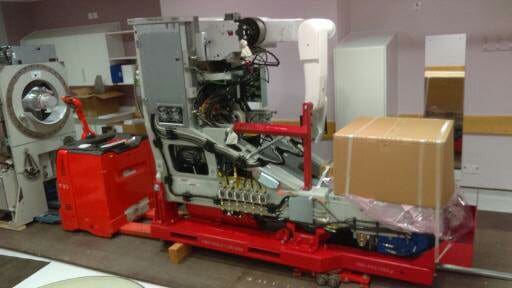

Typical day as an apprentice radiotherapy technician
What is a typical day like in the first 3 months of an apprenticeship?
To start with it is just learning the ropes and following the other engineers around. There is time to be spent learning about the safety aspects of the machines – radiation, electrics, gas, high voltage to name a few. The first three months are very much settling into the department and getting to a point where you are gaining a real understanding of the role and responsibilities.
How much time do you or others in your team need to spend with an apprentice?
There is a lot of time needed to train someone in engineering, but this is mainly required from the other engineers. If you are clever about it many hours can be spent shadowing the engineers and gradually taking over the work. As a manager there needs to be regular meetings and reviews with the trainee, team, and lecturers.
How quickly can an apprentice start to work independently?
This really depends on the nature of the work and the abilities of the trainee. An apprentice should be able to achieve small service tasks in a fairly short amount of time but working on high voltage and other high danger systems needs experience, certification, and training which takes time. Being able to go alone sooner also depends on having the support of a network of engineers who can help you if you get stuck.
Further reading
Richard Baker, GenesisCare – leading a team of Radiotherapy Equipment Engineers
Medical engineers share their experience
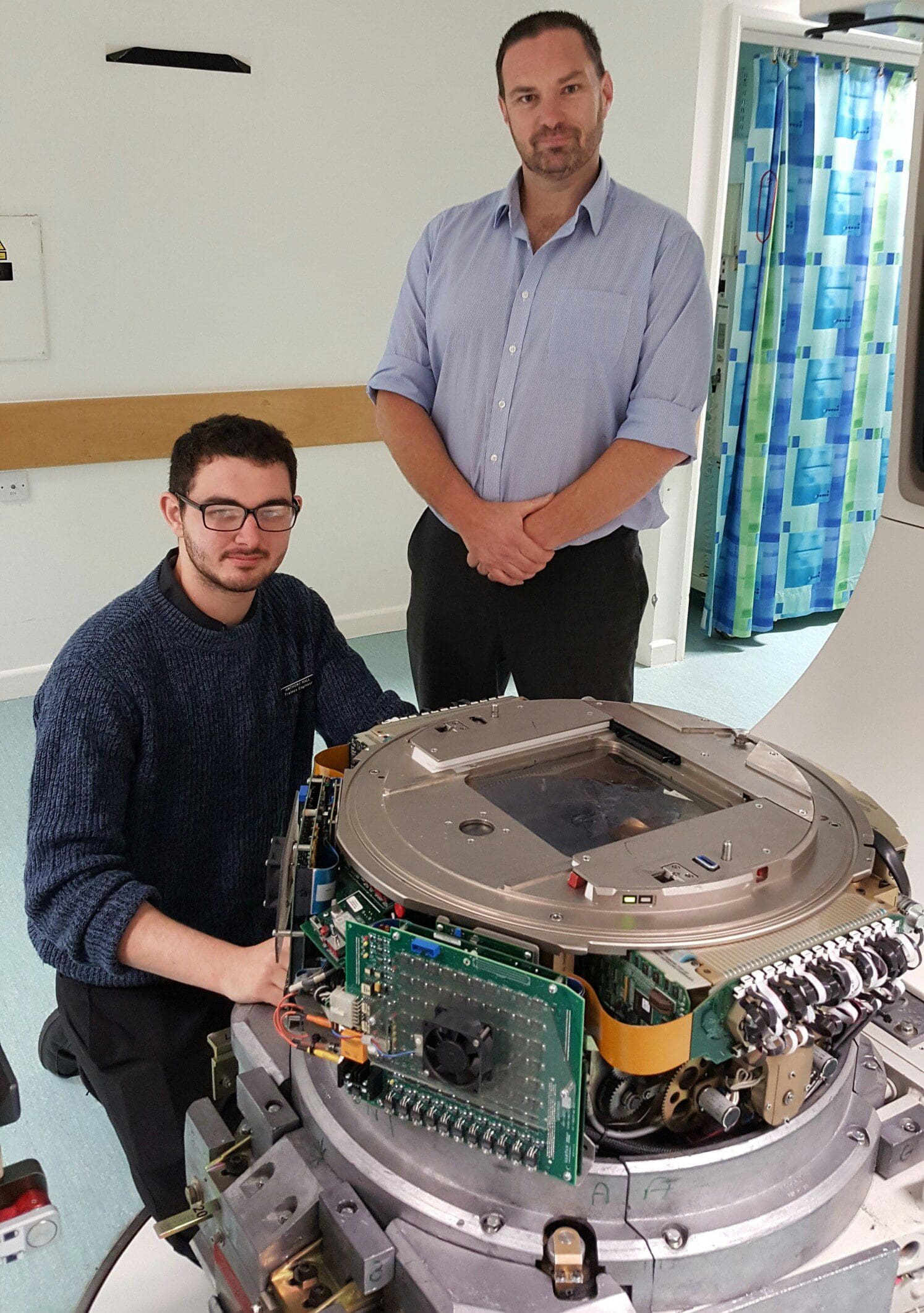



Responses